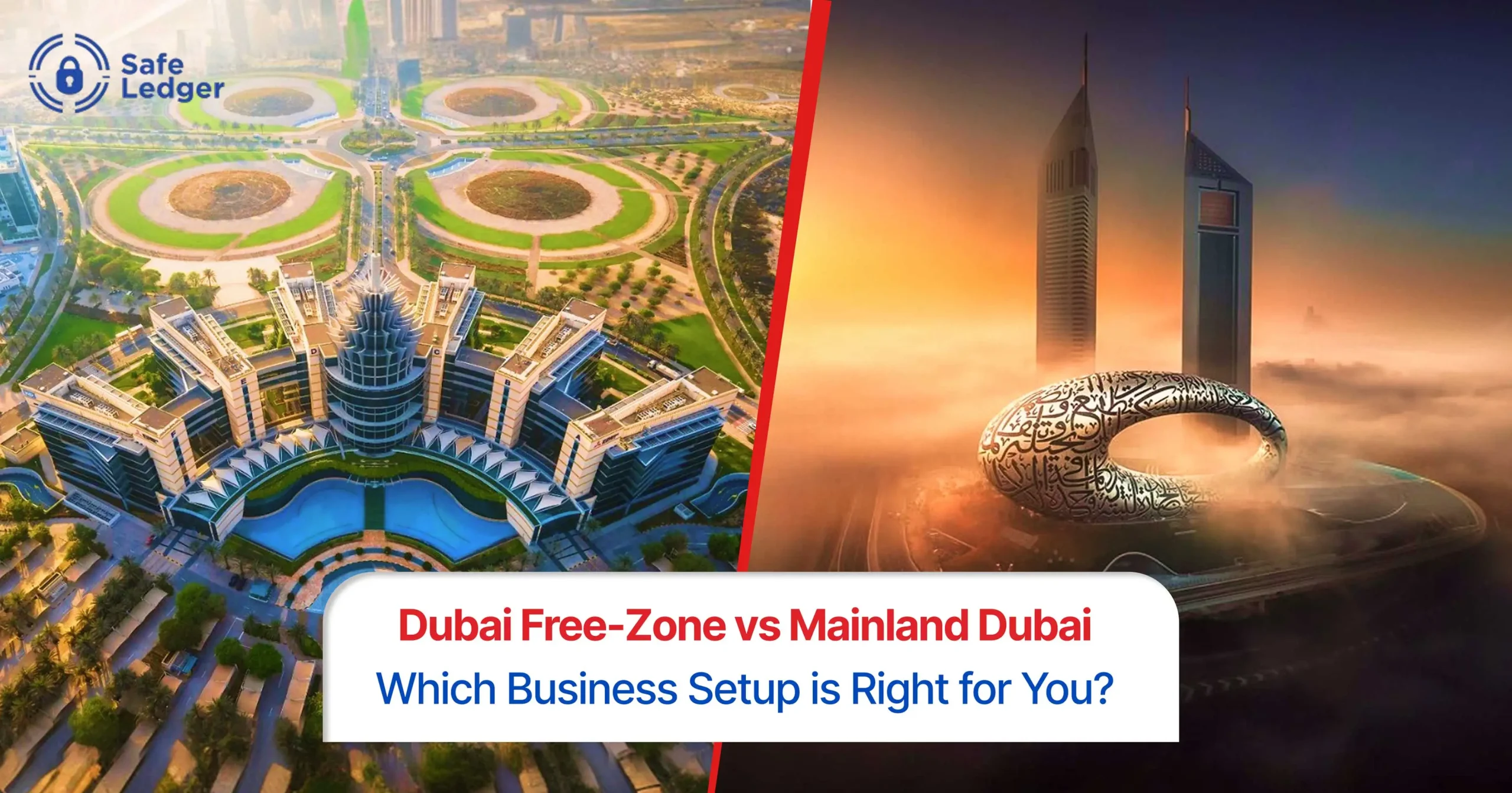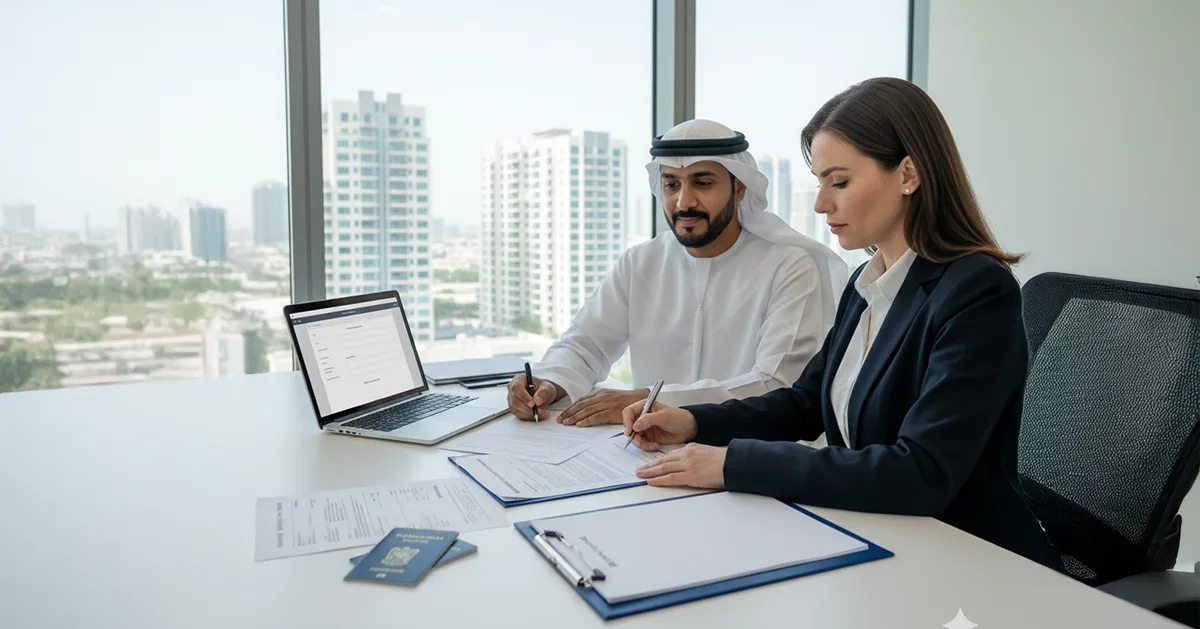Choosing between Dubai Free Zone Vs Dubai Mainland depends heavily on the specific needs of the business. This table highlights the key differences:
| Feature | Mainland Dubai Setup | Dubai Free-Zone Setup |
|---|
| Ownership |
100% Foreign Ownership (most activities) |
100% Foreign Ownership (standard) |
| Market Reach |
Entire UAE market + International |
Within Free Zone + International (Mainland access via intermediaries/branch) |
| Office Space |
Mandatory Physical Office (Ejari needed) |
Flexible (Flexi-desk, shared, private office) |
| Licensing Body |
Dept. of Economy & Tourism (DET) |
Respective Free Zone Authority (e.g., DMCC) |
| Customs Duty |
Applicable to imports |
Exemptions within Free Zone / Re-export |
| Govt. Tenders |
Eligible |
Not Directly Eligible |
| Typical Activities |
Retail, Local Services, Construction, Restaurants |
Export/Import, E-commerce, Consulting, Tech, Media |
Know more about Mainland vs Free Zone UAE, which setup is right for you?
Commentary on Factors
Choosing between a Dubai Mainland and Free Zone setup requires understanding the following differences that can impact your business strategy and costs:
- Ownership: The mainland now matches free zones for many activities, reducing this as a deciding factor unless an activity still requires an LSA on the mainland.
- Market Reach: This remains the biggest differentiator. If the primary target market is within the UAE, the mainland offers direct access. Free zones excel for international operations.
- Office Requirements: The mainland’s mandatory office rule increases initial costs. Free zones offer cheaper entry points with flexi-desks, ideal for startups.
- Licensing Authority: Mainland involves dealing with DET and potentially other ministries. Free zones offer a one-stop shop experience through their authority.
- Tax Considerations: Free zones offer potential corporate tax advantages for qualifying businesses, a significant factor for profitability.
Choosing the right setup can be complex. Take expert assistance from Safe Ledger to ensure your Dubai business is structured for success and compliance.
Tax Benefits for Free Zone Vs Mainland in Dubai
When comparing the tax benefits of setting up in a Dubai Free Zone versus a Dubai Mainland setup, several factors come into play. Both offer unique advantages depending on the type of business and its specific goals.
Dubai Mainland Tax Considerations
Businesses established on the Dubai Mainland are subject to the UAE’s standard corporate tax rate of 9% on taxable profits exceeding AED 375,000. However, certain activities may be eligible for exemptions or special arrangements under specific industries or government programs. Additionally, businesses operating on the mainland must comply with the 5% VAT (Value Added Tax), which applies to most goods and services.
Dubai Free Zone Tax Considerations
Free zones offer several tax incentives that make them highly attractive for international businesses and investors. The primary benefit is that many Dubai Free Zones allow companies to qualify for a 0% corporate tax rate on qualifying income for a fixed number of years, typically 15-50 years. Moreover, many free zones provide customs duty exemptions for goods imported into the zone for re-export, further reducing costs for businesses engaged in international trade.
Free zone companies are also subject to 5% VAT on most goods and services, but specific free zones may have exceptions that apply, especially for those designated as specialized zones like Dubai Media City or Dubai Internet City.
Upcoming Changes in Tax Landscape
Starting in January 2025, the UAE will implement a 15% global minimum tax (often referred to as the top-up tax) for large multinational enterprises with annual revenues exceeding EUR 750 million. This change is part of the UAE’s commitment to the OECD’s Base Erosion and Profit Shifting (BEPS) initiative. While this tax primarily targets larger corporations, it will influence both mainland and free zone businesses in terms of global compliance.
This tax change may affect multinational companies looking to set up in Dubai Free Zones and could lead to changes in the tax landscape for these entities. However, small to medium enterprises (SMEs) with revenues below this threshold will not be directly impacted by this new global minimum tax.





